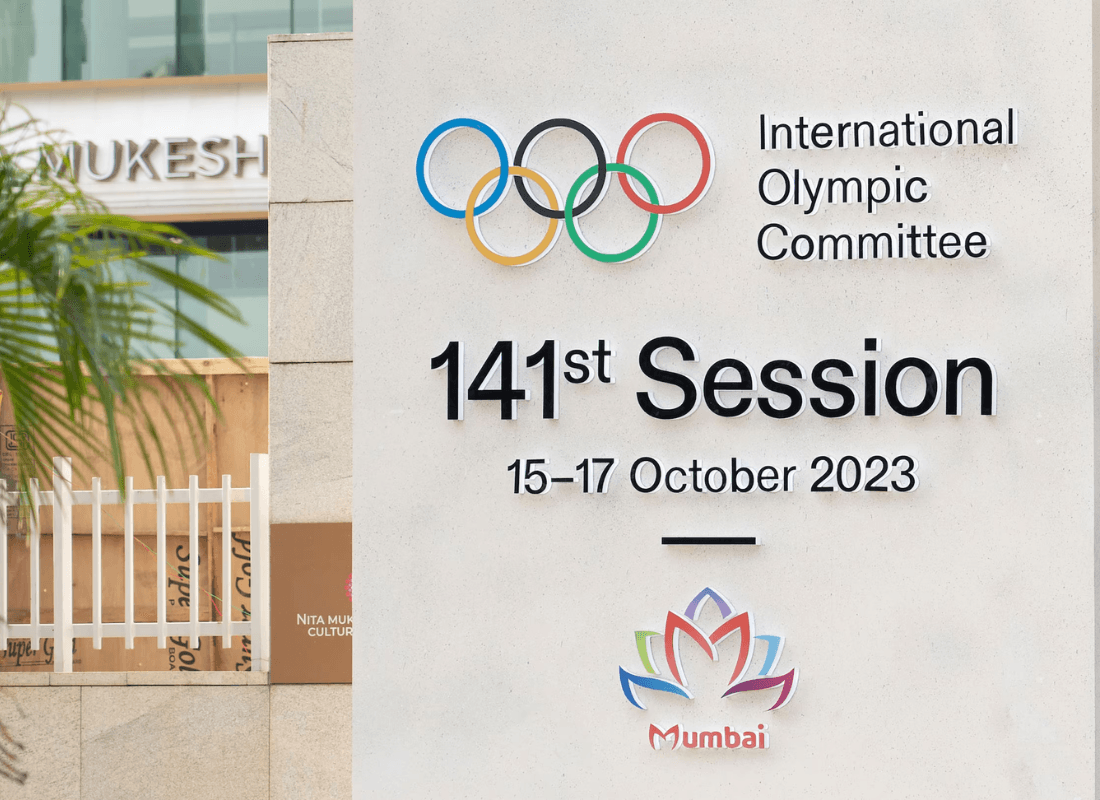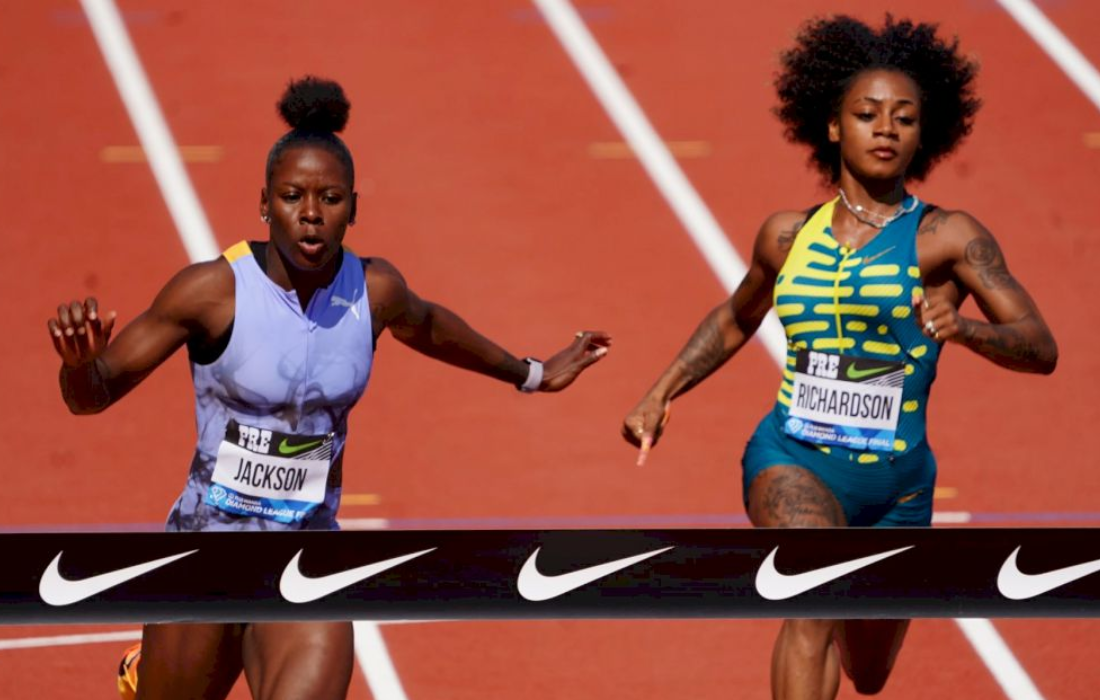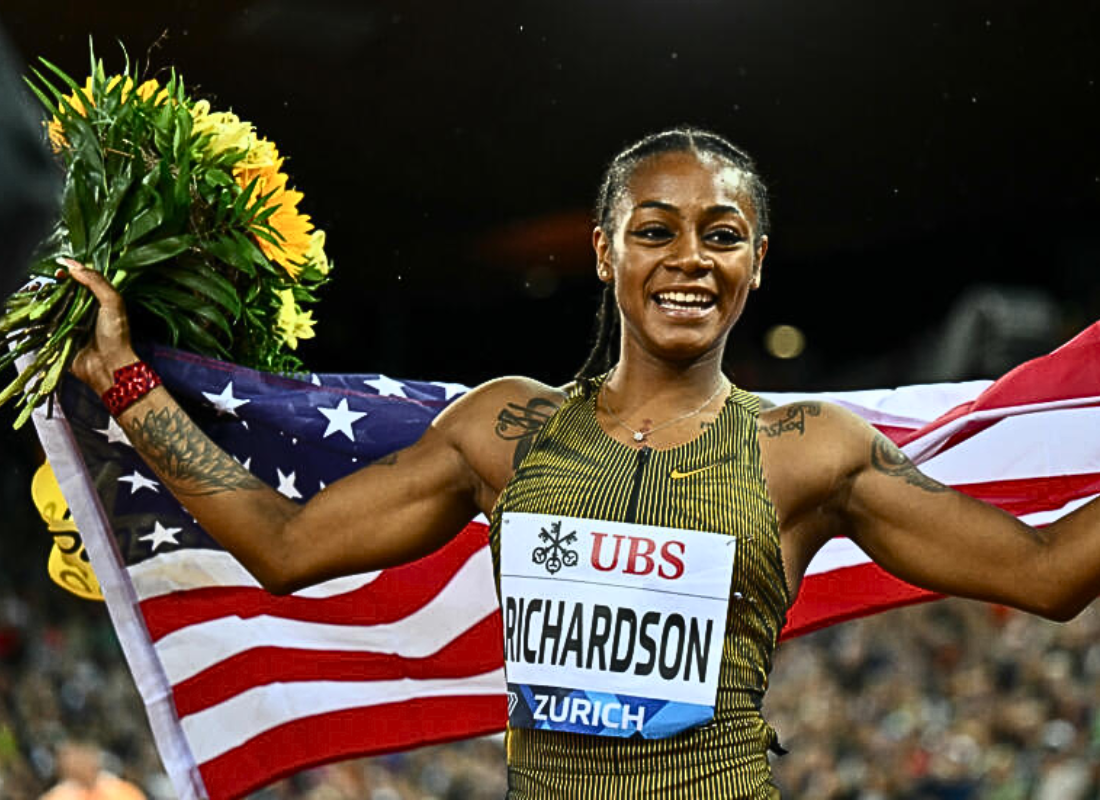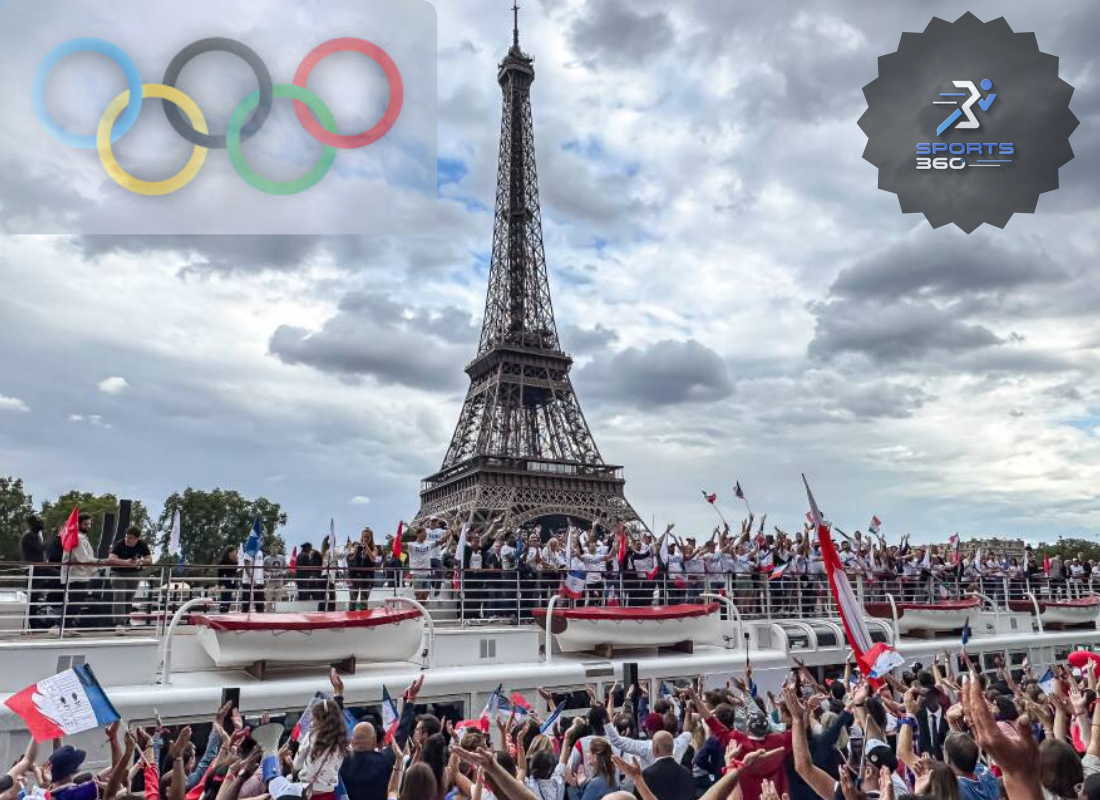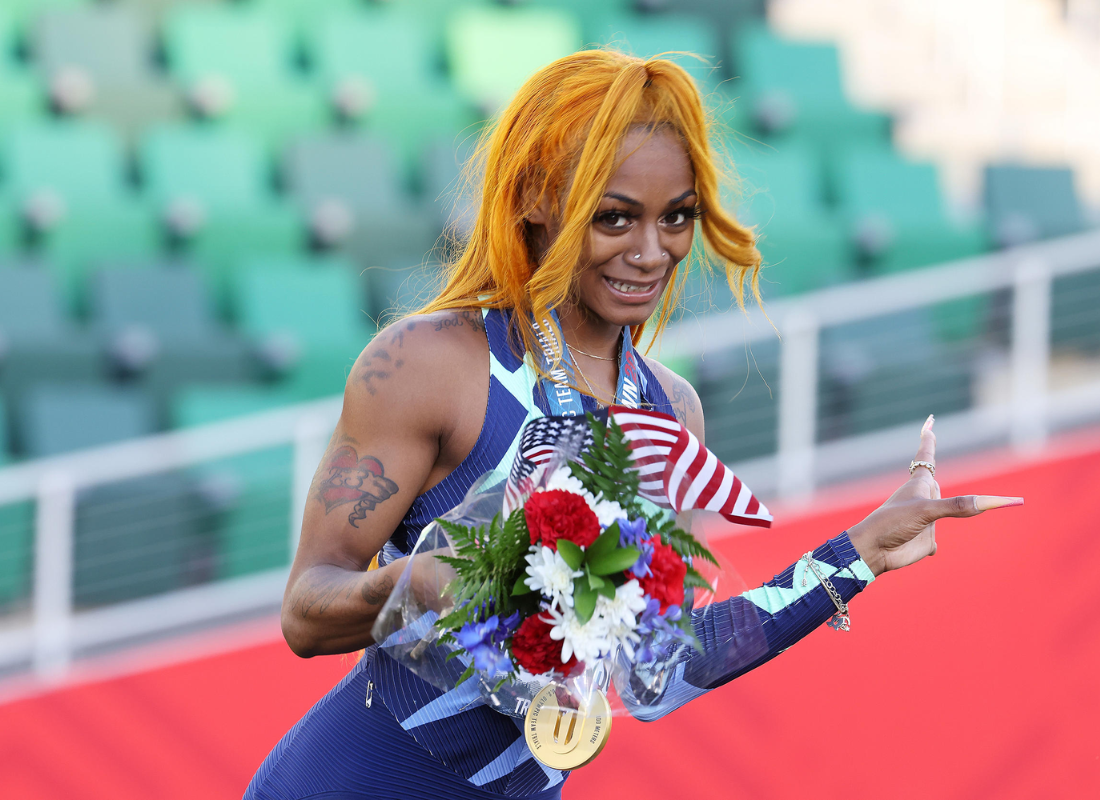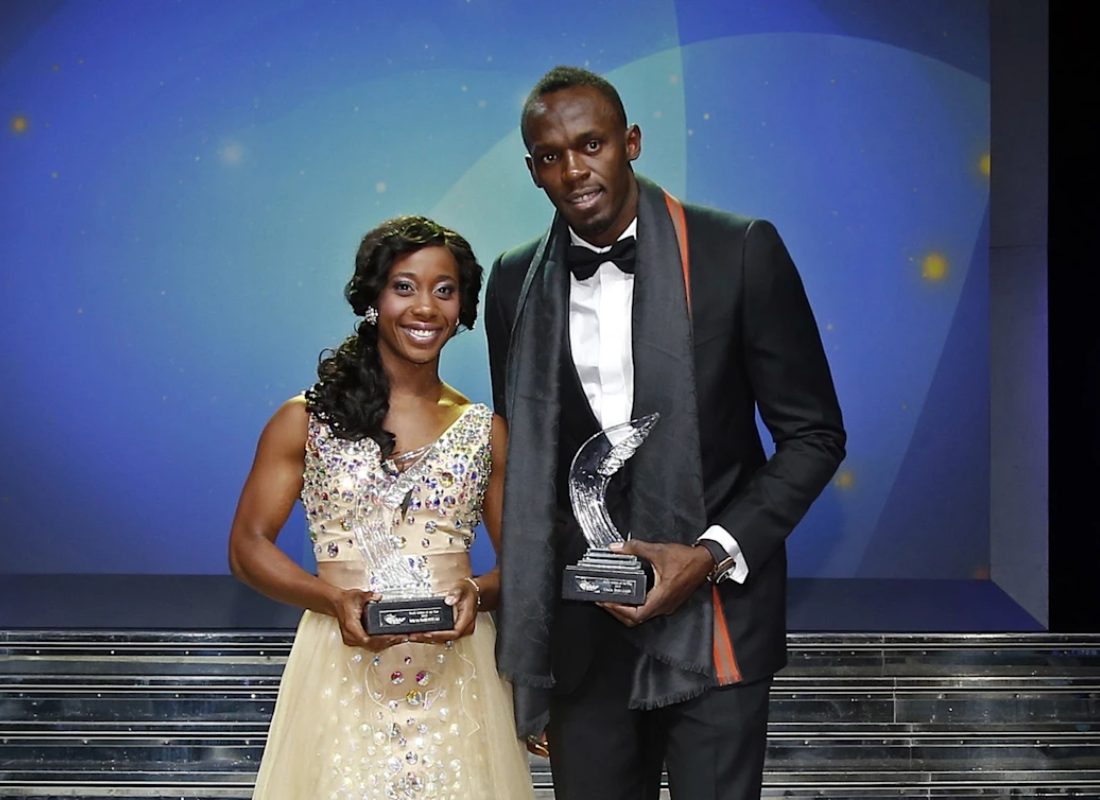At the 141st IOC Session hosted in Mumbai, alterations to the Olympic Charter were approved, aligning with the suggestions made by the International Olympic Committee (IOC) Executive Board in September of the current year. These adjustments have been introduced to strengthen the Charter’s commitment to human rights.
Additionally, additional language has been integrated into the Fundamental Principles of Olympism to emphasize the dedication to human rights, particularly in Fundamental Principles 1 and 4. This change is the result of a collaborative process involving the Legal Affairs Commission and consultations with the Advisory Committee on Human Rights.
The altered wording in the first Fundamental Principle of Olympism can be stated as:
Olympism represents a life philosophy that embraces and seamlessly combines the qualities of the physical, determined spirit, and intellect. Through the fusion of sports, culture, and education, Olympism aims to promote a way of life founded on the joy of effort, the educational value of exemplary figures, social responsibility, and the acknowledgment of universally recognized human rights and ethical principles within the scope of the Olympic Movement.
The amended text in Fundamental Principle 4 of Olympism is as follows:
“The right to participate in sports is a fundamental human entitlement. Every person should have the opportunity to engage in sports without any form of discrimination, in compliance with globally recognized human rights principles as defined by the Olympic Movement. The spirit of the Olympics emphasizes the importance of mutual understanding, promoting a sense of fellowship, unity, and equitable competition.”
IOC President Thomas Bach expressed his views on this development, stating, “This represents a significant leap in our commitment to upholding human rights within the Olympic Movement. Through this adjustment to the Olympic Charter, we are also conveying a strong message to our stakeholders. It signifies a crucial milestone in the IOC’s efforts in the realm of human rights.”
IOC President announces plans to create Olympic Esports Games at opening of 141st IOC Session in Mumbai.
— IOC MEDIA (@iocmedia) October 14, 2023
“I have asked our new IOC Esports Commission to study the creation of Olympic Esports Games.” – Thomas Bach said in his opening speech.#IOCMumbai2023 pic.twitter.com/C4lo9Vl7Un
Furthermore, the IOC has harmonized the Olympic Charter with the Guidelines on Athlete Expression, introduced by the IOC Executive Board on April 21, 2021, and successfully applied during the Olympic Games Tokyo 2020 and subsequently at the Olympic Winter Games Beijing 2022.
The added language in Rule 40 makes it clear that all athletes, team officials, and other team members participating in the Olympic Games are entitled to express themselves freely, in accordance with Olympic values and the Fundamental Principles of Olympism, as directed by the guidelines established by the IOC Executive Board.
Check the details about the changes here.
The revised Rule 40, governing participation in the Olympic Games and approved by the IOC Session, can be summarized as follows:
For eligibility to participate in the Olympic Games, athletes, team officials, and other team members are required to adhere to and follow the Olympic Charter, the World Anti-Doping Code, and the Olympic Movement Code for Preventing Competition Manipulation. This also entails compliance with the participation criteria established by the IOC and the rules of the relevant International Federation (IF) as sanctioned by the IOC. In addition, they must receive official nomination from their National Olympic Committee (NOC).
All Olympic Games participants, be they athletes, team officials, or other team members, have the right to express themselves freely, as long as their expressions align with Olympic values and the Fundamental Principles of Olympism. The exercise of this freedom of expression is to be in accordance with guidelines determined by the IOC Executive Board.
ALSO READ:
- Sha’carri Richardson Updates Injuries for 2024 Paris Olympics
- Kipyegon outshines Sha’Carri Richardson and Shericka Jackson
- Athletes sets their sights on the year 2024

